Serious Fraud Office
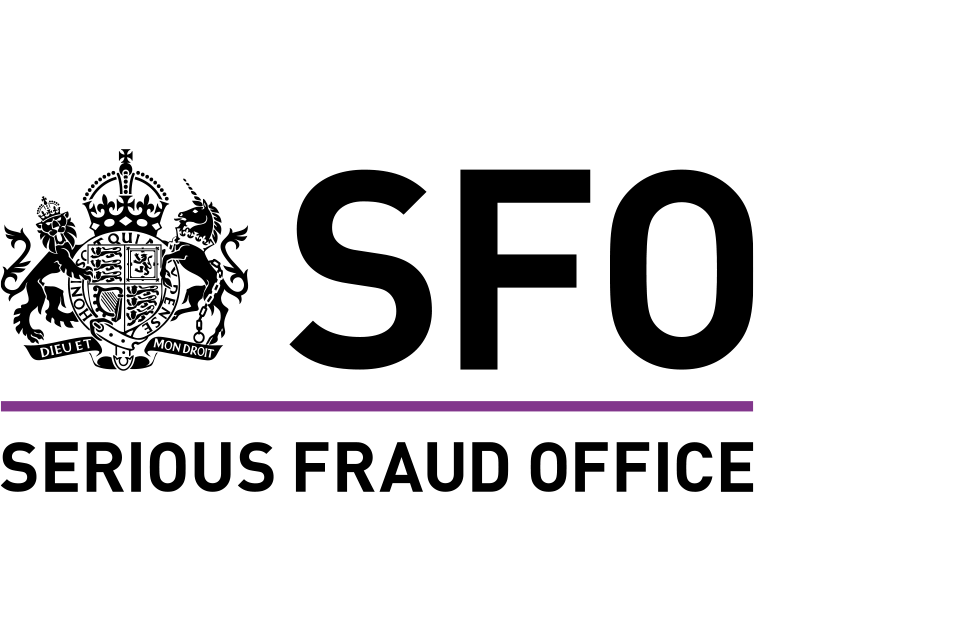
Featured
Initial findings of our e-discovery review
News story
Our Interim Director of Legal Services Matthew Wagstaff provides an update on our ongoing review of our use of e-discovery software.

Today the SFO secured its first UWO as it seeks to recover a Lake District property believed to have been purchased with the proceeds of a £100m fraud.
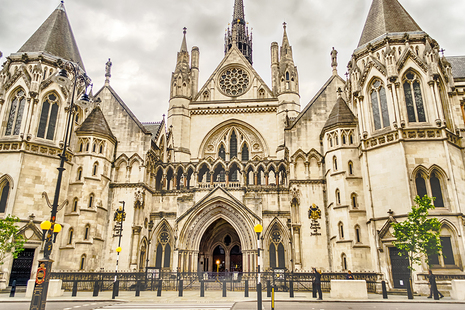
Serious Fraud Office Victim and Witness Care Coordinator receives MBE for Services to the Administration of Justice.

The Serious Fraud Office’s strategy, launched on 18th April 2024.

Our cases
Service
Find fraud, bribery and corruption cases investigated by the SFO.
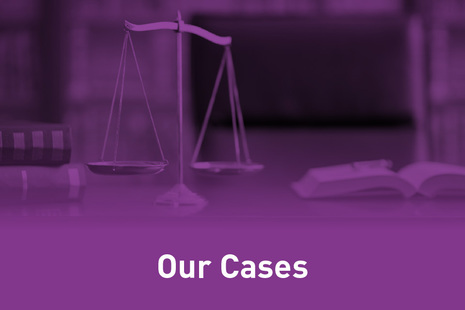
Proceeds of Crime
Manual
Our work goes beyond securing convictions for fraud, bribery or corruption. We also pursue the proceeds of crime.

Latest from the Serious Fraud Office
What we do
The Serious Fraud Office (SFO) fights complex financial crime, delivers justice for victims and protects the UK’s reputation as a safe place to do business.
SFO is a non-ministerial department.
Follow us
Documents
Transparency and freedom of information releases
Our management

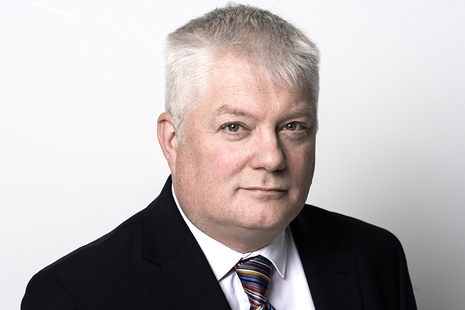
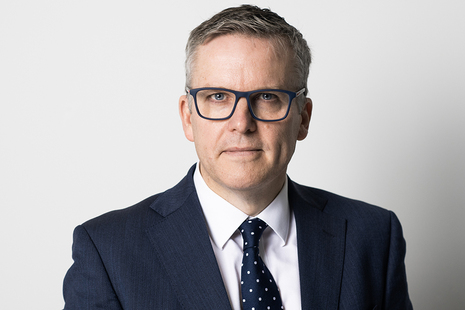


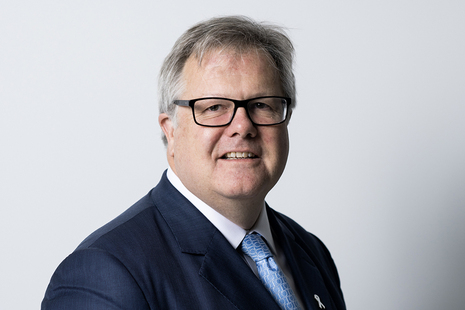
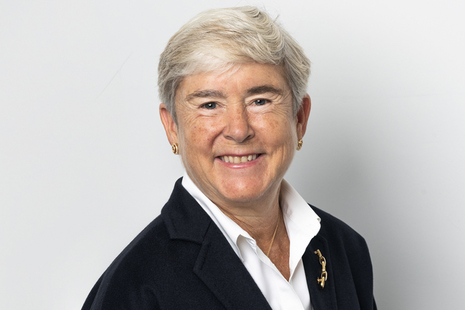
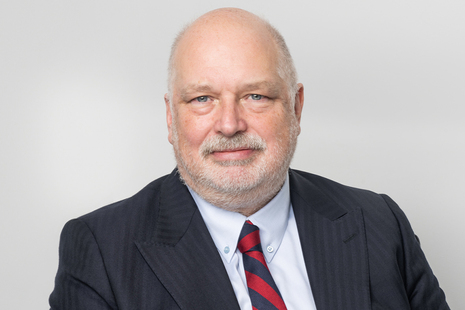
Contact SFO
Office address
London
SW1Y 5BS
United Kingdom
Telephone
020 7239 7272
For journalists with a news related enquiry please contact news@sfo.gov.uk or +44 (0)7557 009842.
You can find content prior to 1 December 2024 at The National Archives https://webarchive.nationalarchives.gov.uk/ukgwa/20241119154227/https://www.sfo.gov.uk/.
Make an FOI request
- Read about the Freedom of Information (FOI) Act and how to make a request.
- Check our previous releases to see if we’ve already answered your question.
- Make a new request by contacting us using the details below.
Freedom of Information
2-4 Cockspur Street
London
SW1Y 5BS
United Kingdom